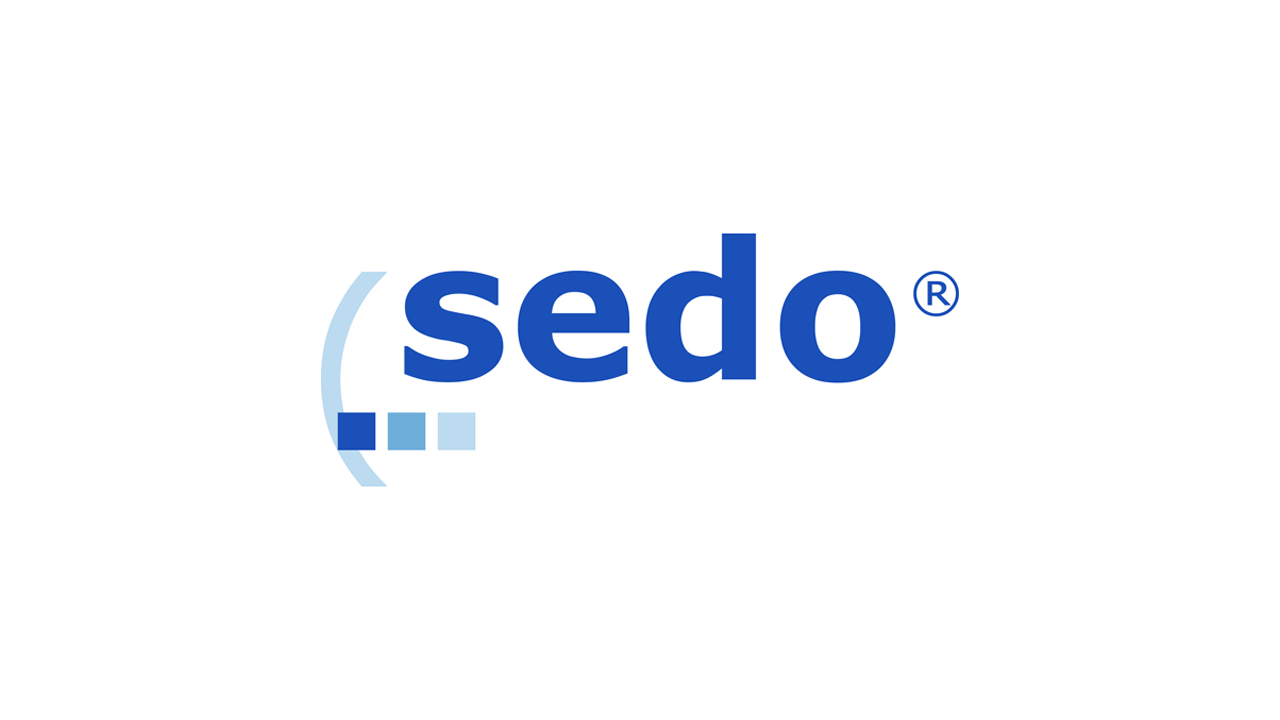Review Signal founder Kevin Ohashi has published the site’s annual WordPress Hosting Performance Benchmarks for 2020, along with a smaller set of benchmarks for WooCommerce hosting. For the past seven years Ohashi has been using sentiment analysis to capture consumer reviews of hosting companies on Twitter. He also performs a set of tests to measure peak performance and consistency for WordPress hosts.
The testing started as a bet that Ohashi took from an executive at GoDaddy who claimed the company’s platform was as good, in terms of performance, as any other on the market at that time.
“I didn’t believe him and asked if he would put his money where his mouth was (figuratively, there were no costs associated with the early tests because I had free load testing tools/load testing sponsors),” Ohashi said. “He agreed and sure enough they were on equal footing performance wise at the time. The reaction was pretty immediate and companies all wanted to participate. That level of excitement I got from people in providing objective testing in an industry full of marketing speak and affiliate spam was fulfilling.”
The benchmarks are focused purely on performance, as Review Signal does not test companies’ support, features, or any other aspect of their products. Almost all the major hosting companies are included in Ohashi’s tests (29 companies with 31 brands) with a few notable exceptions. Kinsta declined to participate this year because they were doing a major platform upgrade and didn’t want to have their old systems benchmarked. WP Engine and Liquid Web did not offer any reasons for declining.
The results are divided up into six tiers of hosts ranging from less than $25/month to $500+ enterprise hosting. The top scores for 2020 in the budget tier include A2 Hosting, GoDaddy, HighAvailability, LightningBase, Raidboxes, SiteGround and WPX Hosting. Ohashi publishes an individual analysis for all hosts participating, which often includes comparisons from the previous year.
In the enterprise hosting bracket, Review Signal ranked all tested companies as having “earned Top Tier status.” Almost none of the data points significantly differentiated any of the products. All companies had perfect or near-perfect uptime. Flywheel scored the fastest WebPageTest average response time. WordPress.com VIP showed the fastest peak average response time on Load Impact. Servebolt ranked the highest in the WPPerformanceTester results as the fastest on both PHP and WP Bench, as well as scoring the fastest average response time on Load Storm.
Review Signal Introduces WooCommerce Hosting Performance Benchmarks for 2020
This is the first year that Ohashi has tested WooCommerce hosting products. Only seven companies are included but he hopes to add more as the word gets out.
“Since this was the first year I tried to do this, I offered a lot of different options to companies,” Ohashi said. “I had three different price tiers and three different site options: 1 basic site, basic site + high product count site, basic site + high product site + heavy theme/plugin site. The only combination of them that had enough companies interested to make it worthwhile was 1 basic site with hosting plans costing under $100 per month.”
Ohashi said he got as many companies on board as possible under the most popular option for this first round of benchmarks.
“I would love to see deeper testing done, but that also means cooperation from the companies too,” he said.
The WooCommerce performance benchmarks mimic the WordPress tests with one major change in Load Storm. Ohashi said the test performed in Load Storm is specific to WooCommerce testing different user profiles, such as someone going through a buying funnel, or browsing products, or checking their order.
Green Geeks, Nestify, Pressable, Servebolt and SiteGround earned top tier ratings. This distinction is awarded to companies that maintain 99.9% uptime throughout the testing process (three months) and show little to no performance degradation during load testing, primarily focused on error rate and response times.
Tips for Understanding and Using the Benchmarks when Considering Hosting Products
In between the lowest and highest tiers of WordPress hosting are additional results for nearly every budget from $25/mo to $500/mo. The results can be overwhelming for consumers to try to analyze. Ohashi recommends that consumers consider how much performance matters to them.
“If the answer is very little, it may not be the best starting point because that’s not what they value,” he said. “If they do value performance, I would say understand that there is a lot of nuance in my tests. I don’t rank a company ‘the best’ and generally don’t say this company did the best in a specific test either. Measuring and determining best is hard. I say which companies handled my tests well and which struggled, my tests would be a filtering mechanism for who you might consider buying from.”
Ohashi explained that if consumers only look at raw numbers like lowest response time, they might miss the nuance of why numbers might be lower for some companies than others. For example, most of his testing tools are hosted on Amazon servers, so companies using the same infrastructure might post better scores on the tests.
He also recommends that consumers perform their own human testing, such as reaching out to a company’s sales team and asking questions.
“Did any company stand out and make you want to be their customer? Did anyone disappoint you? I strongly believe if you aren’t happy with a company before you become a customer, you’re unlikely to become happier after you become one. So do your own testing, because mine is one data point, but there should be many data points in your decision making process.”
Trends in WordPress Hosting: Companies Are Getting More Specialized
Following hosting trends over the past seven years, Ohashi has witnessed nearly every major hosting company adding WordPress products, as the software’s market share has made it impossible to ignore.
“The WP hosting space has grown dramatically over the past few years,” he said. “When I started doing my testing in 2013 there were a handful of companies doing ‘WordPress hosting’ and I’m not sure how many people took it seriously. Today it has almost the opposite problem, everyone is doing ‘WordPress hosting’ and a lot of users feel like the term has become meaningless or a marketing gimmick to sell higher priced services by calling it WordPress hosting without really doing anything substantially different.”
WordPress-specific hosts have started specializing to further differentiate themselves from the mass market shared hosts. Through his experience in operating Review Signal, Ohashi has noticed that consumers are benefiting from the diversity of options and competition on quality and service:
The reality is there are at least dozens of companies doing a lot to bring WordPress as quickly and securely as possible to visitors all over the globe. The space has attracted large sums of venture capital with players like Automattic raising ~700M, WPEngine raising ~300M, and Pantheon raising 100M dollars. The major trend I see in my data is that these specialized WordPress companies are able to offer a lot better services to customers and keep them happier than the major shared hosting companies. They are also targeting a lot of different niches/markets. There are mass market brands but also ones specializing in catering towards larger customers. Others have built whole integrated platforms and become more than simply hosting companies. The WordPress hosting ecosystem is becoming incredibly rich with different kinds of providers and experiences. That trend I think is great for consumers because there is a better chance of finding a company that meets your more specific needs than ever before.
These recent trends underscore the need for Review Signal’s transparent performance benchmarks. Ohashi said that the annual WordPress hosting tests are more popular than anything else he does with the site, including the main reviews based on sentiment analysis. In an interview with Indie Hackers, Ohashi disclosed that Review Signal earns roughly between $3,000-$4,000 per month from affiliate links. For now this is enough revenue to sustain the work he puts into yearly testing.
“I am not getting rich on it – providing honest web hosting reviews doesn’t pay that well!” Ohashi said. “When I publish these tests every year I get people who tell me they have been waiting for this. People value my work and trust it. That inspires me and keeps me going. I genuinely enjoy helping people and combined with my passion for data it’s a good match.”
Source: (https://wptavern.com/)

























